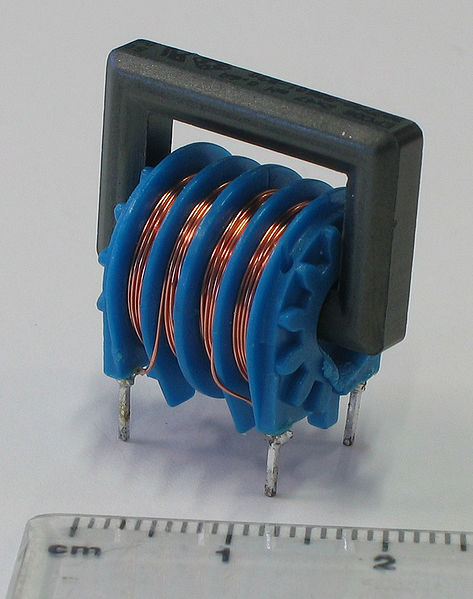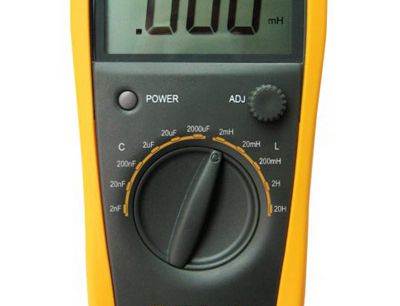You will need
- Active LC meter or multimeter with a function for measuring inductance
Instruction
1
Get an LC meter. In most cases, they are similar to conventional multimeters. There are also multimeters with a function for measuring inductance - such a device you will also work. Any of these devices can be purchased in specialized shops selling electronic components.
2
Power off the fee, which is a coil. If necessary, discharge the capacitors on the Board. Wipaire coil, the inductance of which you want to measure from the circuit Board (if this is not done, the measurement will be made visible error), and then connect to the input sockets of the device (to which it is specified in his instructions). Switch off the device at the exact limit, usually designated as "2 mH". If the inductance of the coil is less than two, MH, it will be defined and shown on the display, after which the measurement can be considered complete. If it is greater than this value, the meter will show overload - in the senior category will appear one and in the other spaces.
3
If the meter showed overload, switch off the device at the next, coarser limit - "20 mH. Note that the decimal point on the display shifted to change the scale. If the measurement this time is not successful, continue to shift the limits towards more rough as long as the overload disappears. Then read the result. Looking then to the switch, you will know in what units the result is expressed in Henry's or the MH.
4
Disconnect the coil from the input jacks of the device, and then solder back to Board.
5
If the instrument shows zero even at the exact limit, the coil either has a very small inductance, or contains the short-circuited coils. If even at the coarsest limit is indicated overload, the coil is either broken or has too much inductance, the measurement of which the device is not designed.

